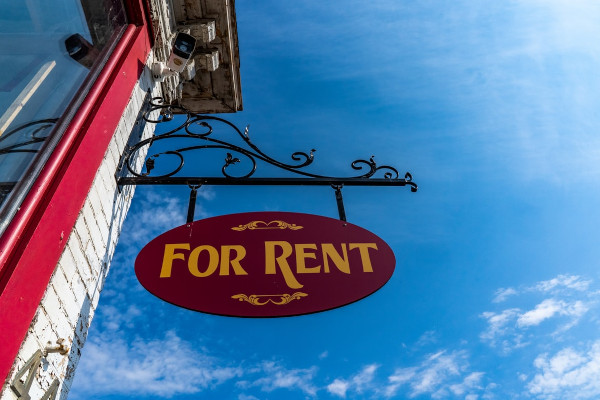Condo vs. Apartment Rentals in Boston:
Which Is Right for You?
Boston, MA is a vibrant city with a diverse population, and there are many different types of housing options available to residents. Two of the most popular options are condo rentals and apartment rentals. Both options offer unique advantages and disadvantages, making it crucial to understand your priorities and lifestyle to determine which is right for you. In this article, we'll explore the key differences between condo and apartment rentals in Boston to help you make an informed choice.
Condos: The Upsides
- Ownership Experience: When you rent a condo, you're essentially leasing a privately owned unit within a larger building. This can often lead to a more personalized and well-maintained living space. Condo owners typically take great care of their properties, and you may have a higher chance of finding updated fixtures, appliances, and even amenities like granite countertops and hardwood floors.
- Amenities: Many condo buildings in Boston come equipped with a variety of upscale amenities, such as fitness centers, rooftop terraces, concierge services, and parking facilities. These added perks can enhance your daily living experience, but they often come with a higher price tag.
- Privacy: Condos generally offer more privacy than apartment complexes. The shared walls between units are typically thicker, and there are fewer neighbors living above or below you. This can result in a quieter and more peaceful living environment.
- Location: Condos are often found in prime locations in the city, offering easy access to the best that Boston has to offer, from cultural attractions to dining and entertainment options. This central positioning can be a significant advantage for those who want to be in the heart of the action.

Condos: The Downsides
- Cost: The most significant drawback to renting a condo in Boston is cost. Condos tend to be more expensive than apartments. This is because condo owners are looking to cover their mortgage payments, property taxes, and other associated costs. You may be paying for the amenities, the upscale features, and the prime location. If you're on a tight budget, a condo might not be the most financially feasible option.
- Ownership Restrictions: While you have more control and flexibility in a condo compared to an apartment, there may still be certain rules and restrictions imposed by the condo association or owner. For example, you may not be allowed to make significant alterations to the unit, such as painting or installing fixtures.
Apartments: The Upsides
- Affordability: One of the primary advantages of renting an apartment in Boston is cost. Apartments are generally more affordable than condos, making them an attractive choice for individuals or families on a budget.
- Maintenance: Maintenance and repairs are typically handled by the property management, reducing the hassle and responsibility on your part. This can be particularly convenient if you're not handy or simply prefer to have someone else take care of these issues.
- Flexibility: Apartment leases are often more flexible than condo rentals. You can find options for shorter lease terms, allowing you to explore different neighborhoods or housing arrangements without a long-term commitment.
Apartments: The Downsides
- Limited Amenities: While some apartment complexes do offer amenities, they tend to be more basic compared to condo buildings. You may not have access to the same luxurious extras like a gym, concierge service, or rooftop terrace.
- Ownership Experience: Apartment units are typically owned by a property management company, which may not invest the same level of care and attention as individual condo owners. As a result, the overall condition and features of an apartment may vary.
- Location: While you can find apartments in various parts of Boston, you may not always have the same central location options as with condos. Be prepared to compromise on proximity to certain amenities or attractions.
So, which one is right for you?
It depends on your individual needs and preferences. If you are looking for a spacious unit with a lot of amenities, and you are willing to pay a premium for it, then a condo rental may be the best option for you. If you are looking for a more affordable option and you don't mind sacrificing some space and amenities, then an apartment rental may be the better choice.
Here are some additional things to consider when making your decision:
- Your budget: Condo rentals are typically more expensive than apartment rentals, so it is important to factor your budget into your decision.
- Your lifestyle: If you are a busy professional who doesn't have a lot of time to deal with maintenance and upkeep, then an apartment rental may be the better option for you. If you are someone who enjoys having more control over your living environment, then a condo rental may be a better fit.
- Your long-term plans: If you are planning to stay in Boston for the long term, then buying a condo may be a good option for you. However, if you are not sure how long you will be staying in Boston, then renting a condo or apartment may be a better choice.
Ultimately, the best way to decide which type of rental is right for you is to visit different properties and talk to different landlords and property managers. This will help you get a better sense of what is available and what would be the best fit for your needs and lifestyle.

Related Articles:
• The Pros and Cons of Living in Luxury Apartments in Boston
• Pet-Friendly Apartments in Boston